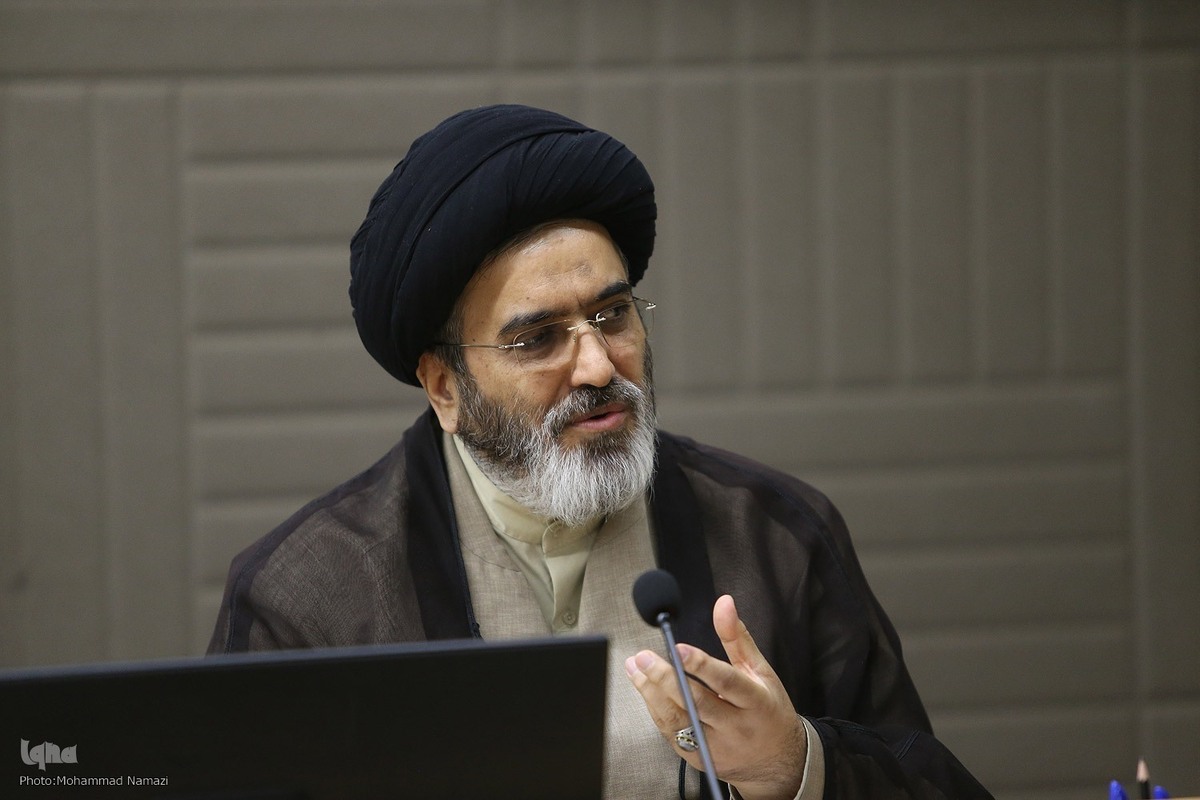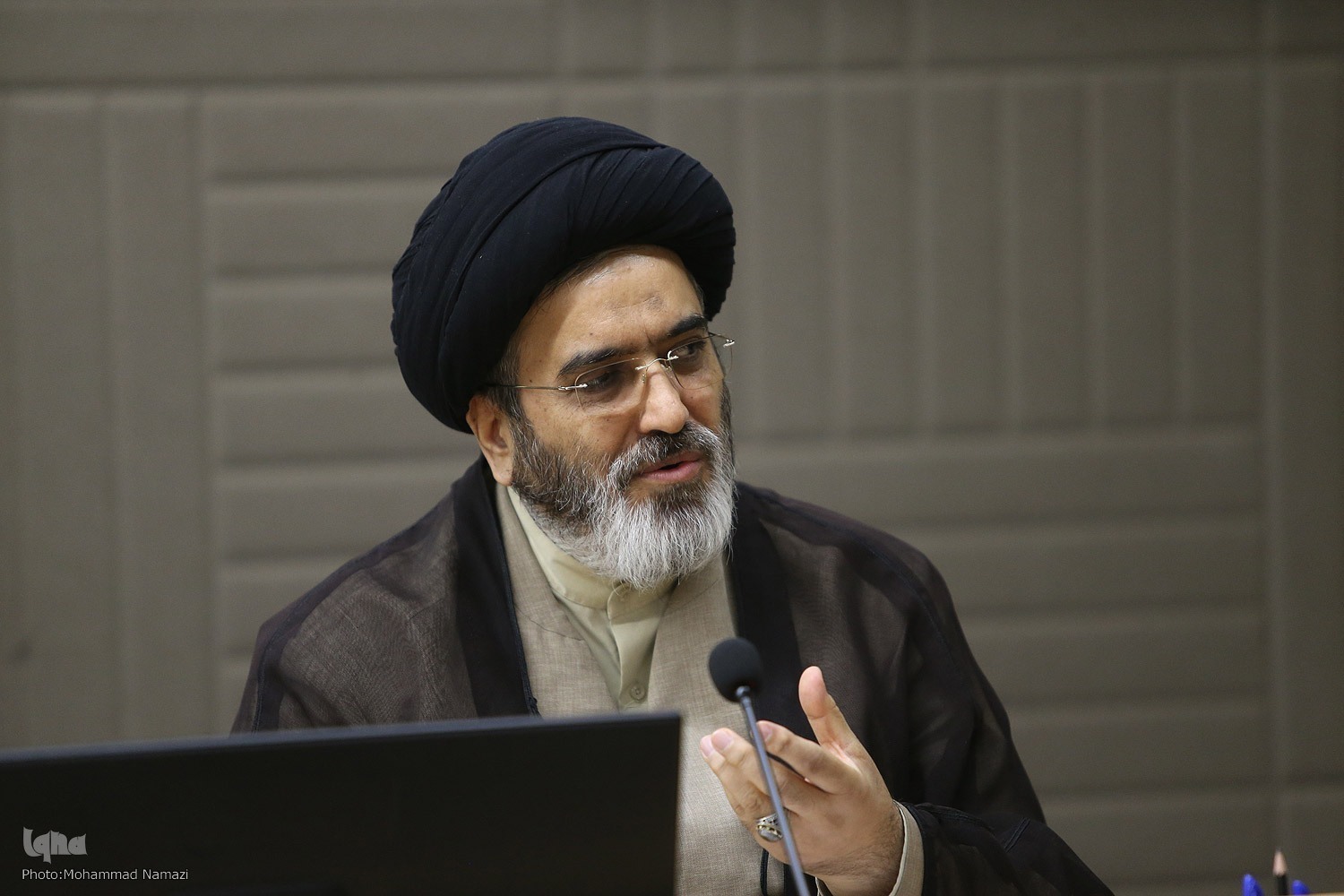Nahj al-Balagha A Charter of Islamic Governance: Scholar


“If today’s rulers adhere to the teachings of Imam Ali (AS) in Nahj al-Balagha, they will no longer lack anything in the fields of politics, economy, culture, or justice. In fact, Nahj al-Balagha is not merely a historical or literary work but it is also a charter of Islamic governance,” Hojat-ol-Islam Yadollah Shirmardi told IQNA in an interview.
He said the book is a literary, intellectual and managerial miracle, adding that literary experts have described it as not the word of a human being, nor of God but something between the two.
For every domain, from educational and political to economic and cultural, specific operational instructions can be extracted from Nahj al-Balagha, he said.
“For example, it has guidelines on human upbringing, family, community management, and running the city, country, and even the world. Currently, accredited institutions, including institutions in Isfahan, are doing this (extracting lessons from Nahj al-Balagha).
“We need to make sure that every class, every profession, every field can benefit from Nahj al-Balagha. In that case, the book would find his true place in Islamic rule.”
Hojat-ol-Islam Shirmardi also said that Imam Ali (AS) repeatedly emphasizes the mutual rights of the leader and the people in Nahj al-Balagha.
Read More:
“The ruler must serve the people, consult with them, act transparently, not consider himself above them, and stand by them in times of hardship. On the other hand, the people should sincerely obey the ruler.”
Nahj al-Balagha is a collection of sermons, letters and sayings left as a memorial from the Imam Ali (AS). The book was compiled by Sayed Radhi over a thousand years ago.
4286397



